Juvenile Justice: Episode 1 (First impressions)
by DaebakGrits
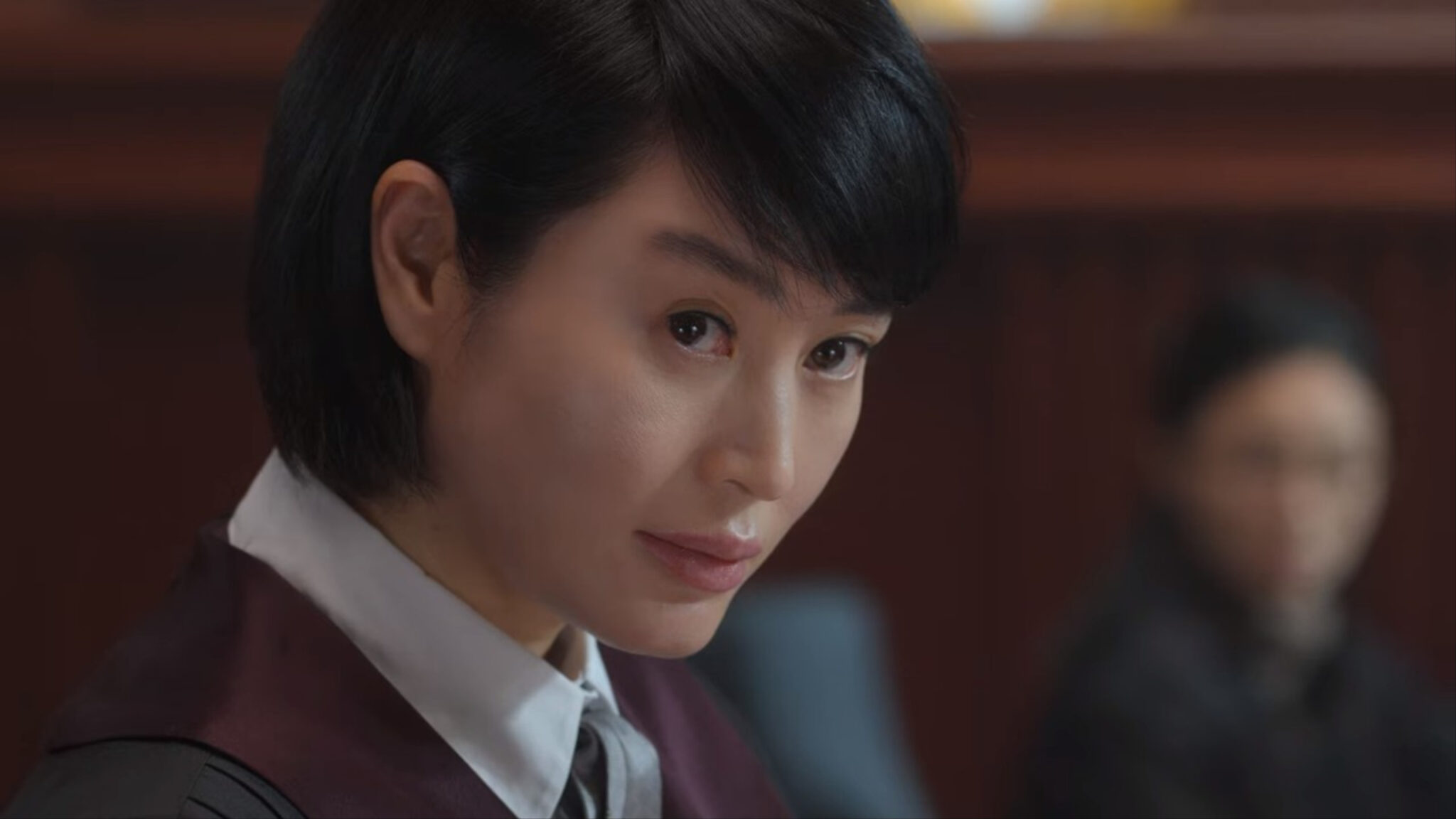
Netflix’s new original drama takes an inside look at South Korea’s juvenile criminal justice system. The judge leading our cast of characters makes no attempt to hide her disdain for teenage delinquents and quickly butts heads with her more idealistic colleagues.
Editor’s note: Coverage will continue with a second comprehensive review, so please refrain from discussing any plot points beyond Episode 1 in this post.
EPISODE 1 FIRST IMPRESSIONS
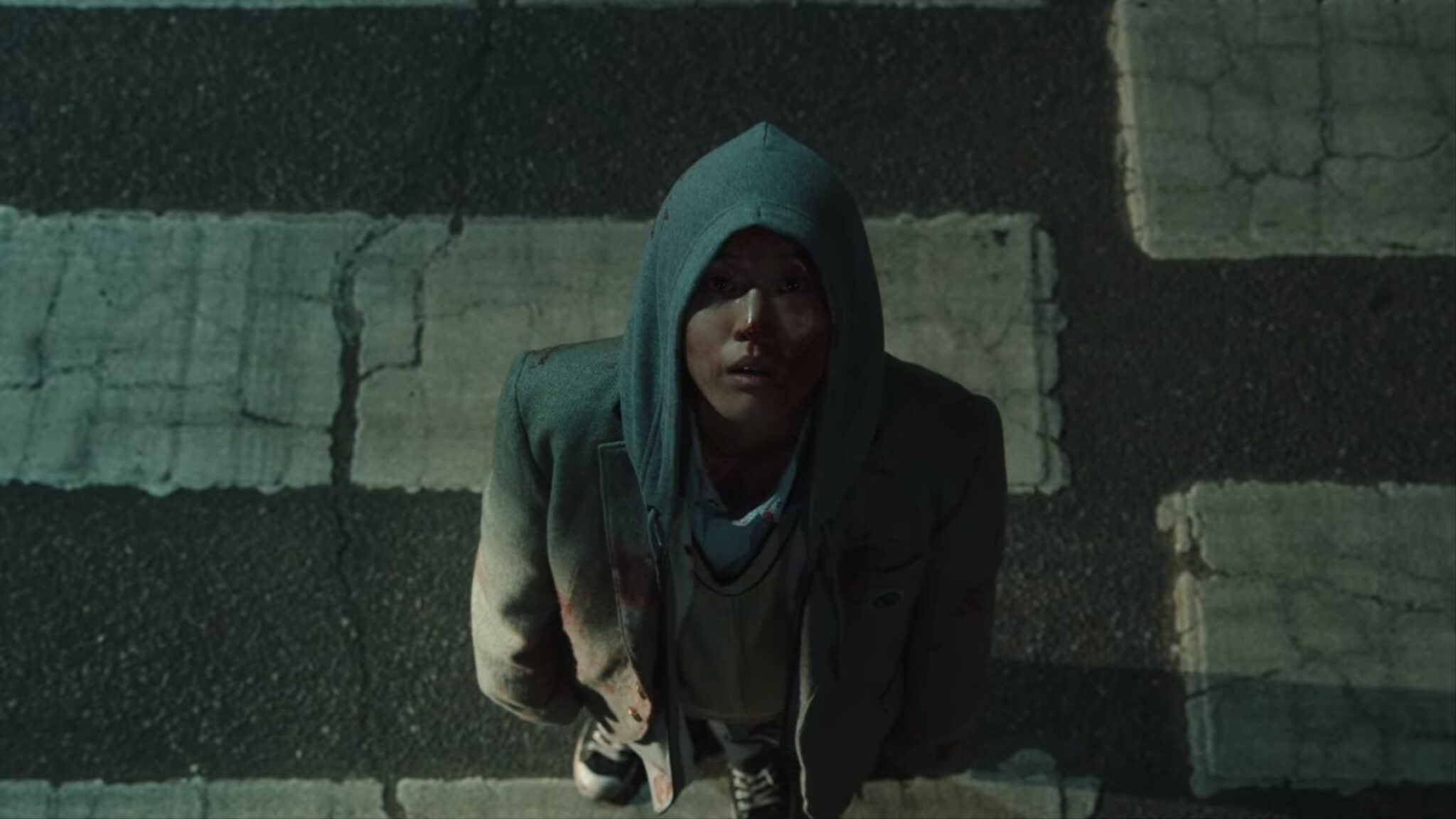
When I heard that Juvenile Justice was about a judge who hated teenage criminals, I was eager to watch. As some of you may know from reading my staff spotlight, I almost became a high school teacher, and part of the reason I noped out of the profession faster than Usain Bolt was because I found teenagers to be absolutely terrifying. Y’all, I think I may have just found my spirit animal. Or at least, the spirit animal I wish I had. I’m more of a bunny, whereas SHIM EUN-SEOK (portrayed by the amazing Kim Hye-soo) is all tiger. We don’t immediately meet our leading lady, though.
Instead, we open to snow, Christmas lights, and a merry soundtrack of “Carol of the Bells.” Stumbling through the brightly lit winter wonderland is a thirteen-year-old boy whose jacket and face are smeared with blood. It’s an eerie contrast, but it’s a perfectly executed opening scene that sets the tone for the rest of the episode, which is all about navigating a world of opposites: adults against juveniles, crime and punishment, lies versus the truth.
In a daze, the boy, BAEK SEONG-WOO (Lee Yeon) wanders to a police station, where a concerned officer stops to check on his well-being. But Seong-woo isn’t there seeking help. Instead, he pulls a bloodied ax from his pocket and turns himself in for the murder and mutilation of Yoon Ji-hu, an eight-year-old boy.
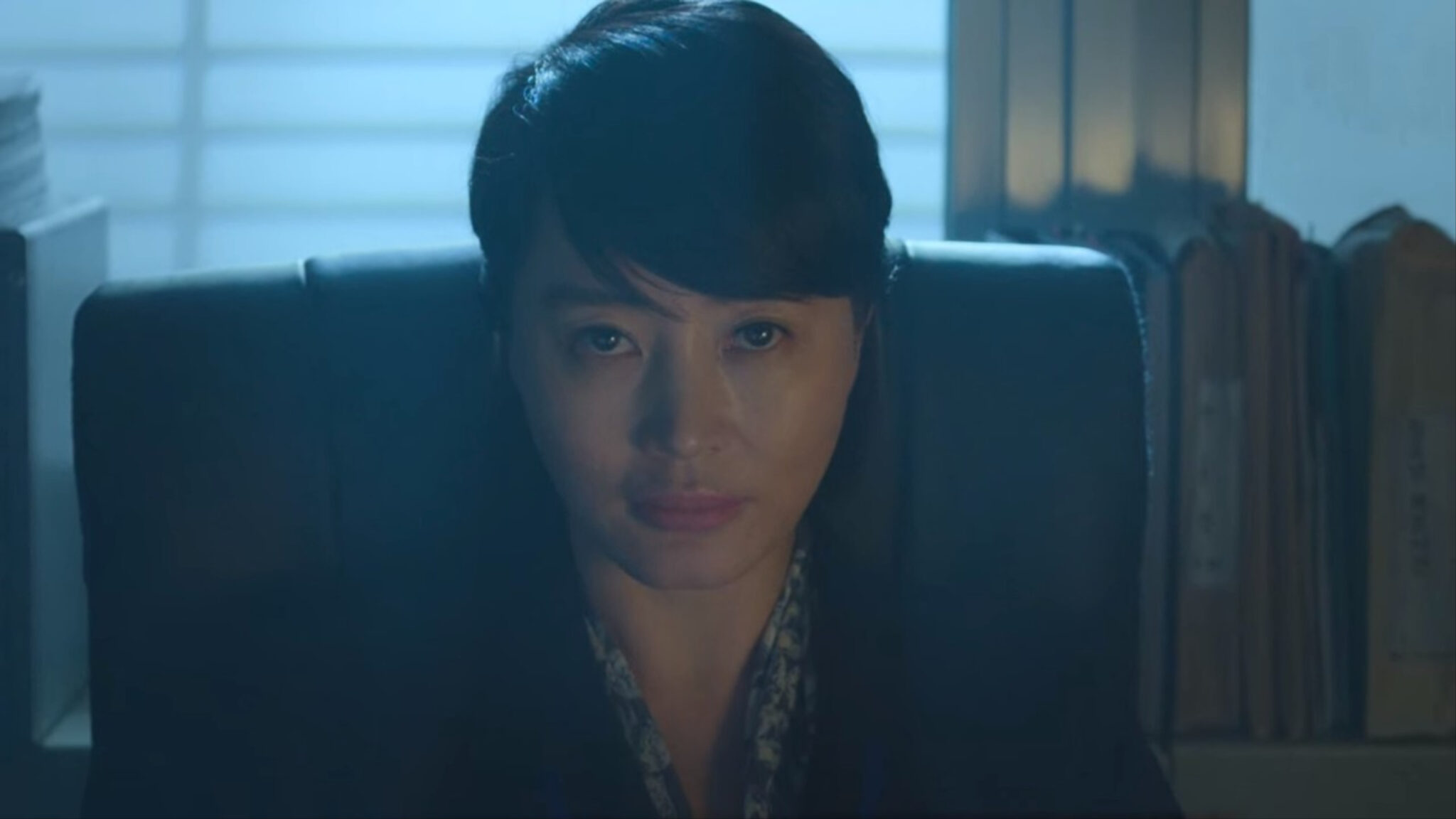
The murder sends a ripple of outrage through the community, and people protest, demanding reformation of the current laws that prohibit minors under the age of fourteen from serving substantial jail time. Juvenile offenders are instead put through a rehabilitation program, which the public considers too light a sentence for heinous crimes like murder. (To note, this is actually an important real-life issue being discussed in South Korean politics currently.)
Enter Eun-seok, one of twenty juvenile court judges in the entire South Korean judicial system. She’s calm, collected, and borderline emotionless as she coolly answers a series of prompts about her profession in front of a camera. The interview ends with the question, “Why did you want to become a juvenile judge?” and Eun-seok — staring down the camera lens like she’s daring it to disagree with her — bluntly answers that she absolutely detests juvenile criminals. (I mean, I certainly get it.)
She transfers to Yeonhwa District Court, where Judge CHA TAE-JU (Kim Mu-yeol) doesn’t initially recognize his new office mate because he’s a bit sexist and assumes Eun-seok is a man because of her name. She responds to his flub by reminding him that she’s his senior, and he looks properly chastised.
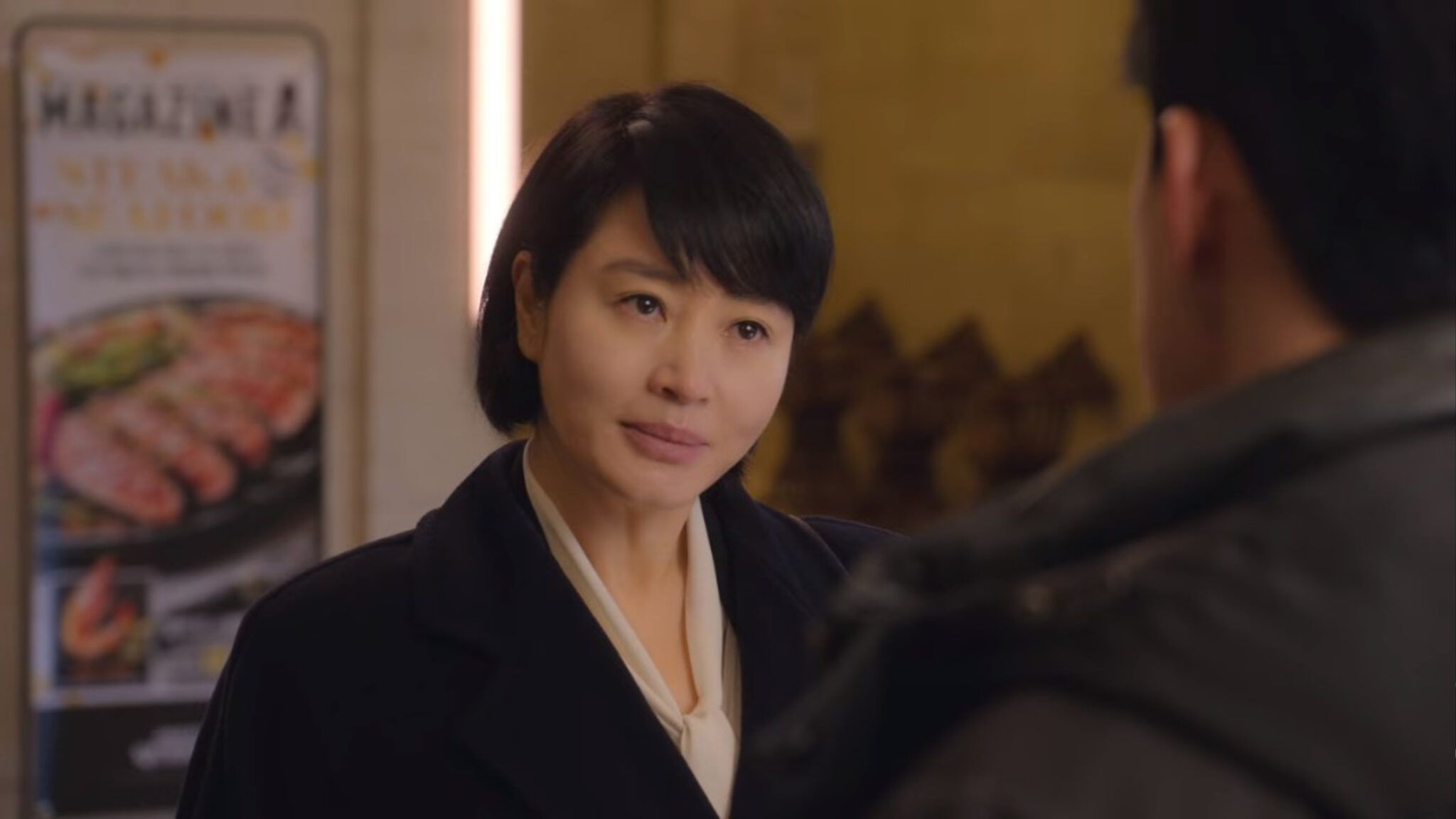
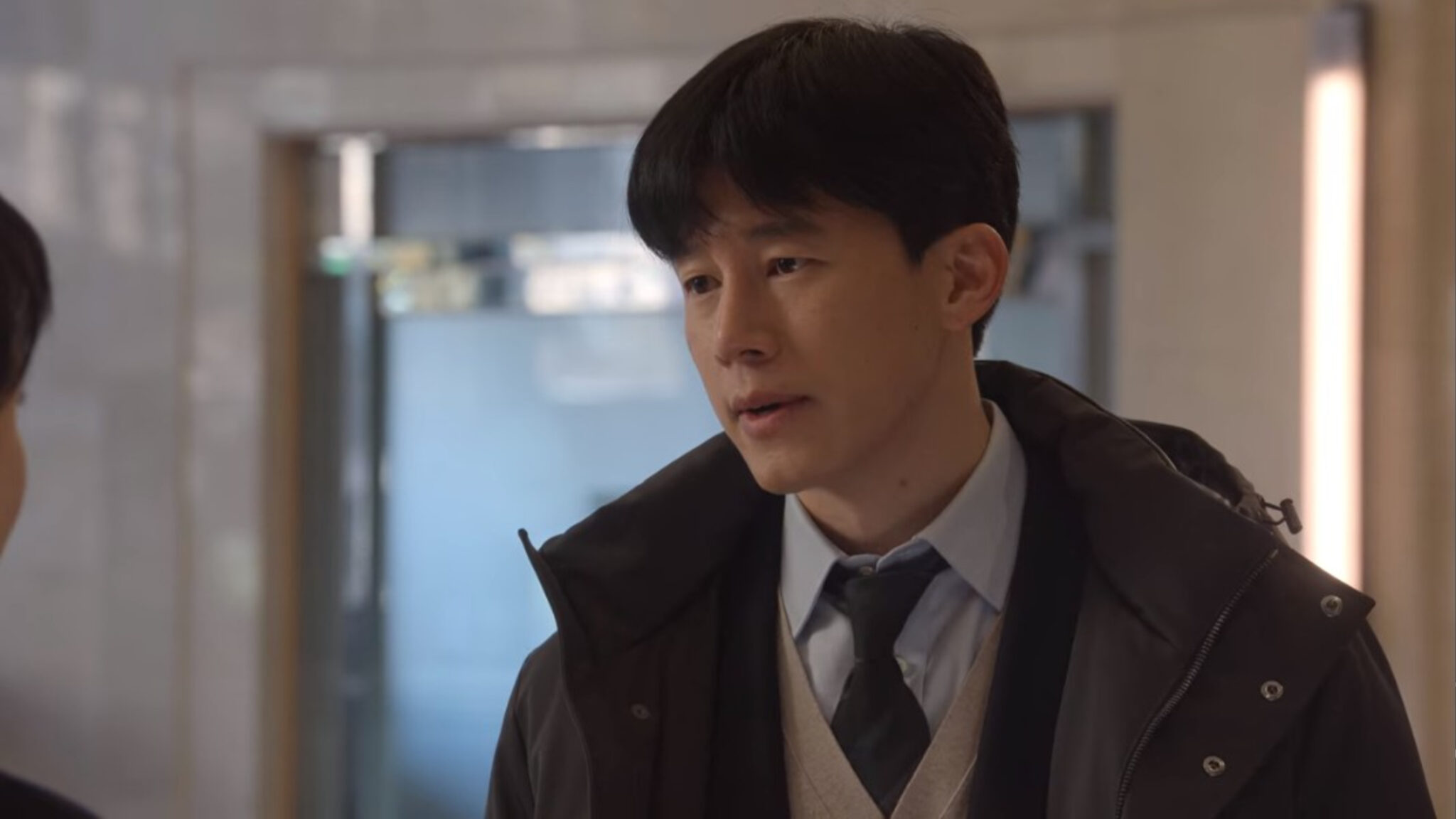
Even so, he’s undeterred by — or oblivious to — Eun-seok’s “do not talk to me” body language. He rambles on about how their district differs from her old one, and then he insists that she join him and the rest of the staff for lunch with the recently released kids under their care. She reluctantly tags along, but she keeps glancing at her watch while Tae-ju plays the role of overly invested guidance counselor.
They’re stopped from leaving the restaurant by a woman claiming one of the reformed juveniles stole her wallet. The woman appears to be prejudiced against the teens, having overheard the conversation at their table and realized they have criminal records. Tae-ju goes to bat for the accused girl, but Eun-seok, who is put off by his naiveté and blind faithfulness, suggests they call the police.
Tae-ju steps on his soap box and lectures her, not realizing Eun-seok witnessed the accused girl steal a wallet from someone’s purse. The reveal is a bit surprising because idealistic characters like Tae-ju are usually the ones who reform cynics like Eun-seok into thinking humans are fallible but innately good. I appreciate the dose of realism, though. If this story is headed in the direction of Eun-seok becoming slightly more tenderhearted, I’m glad neither her beliefs nor her authority were immediately undermined to prove she’s in the wrong for her disenchantment.
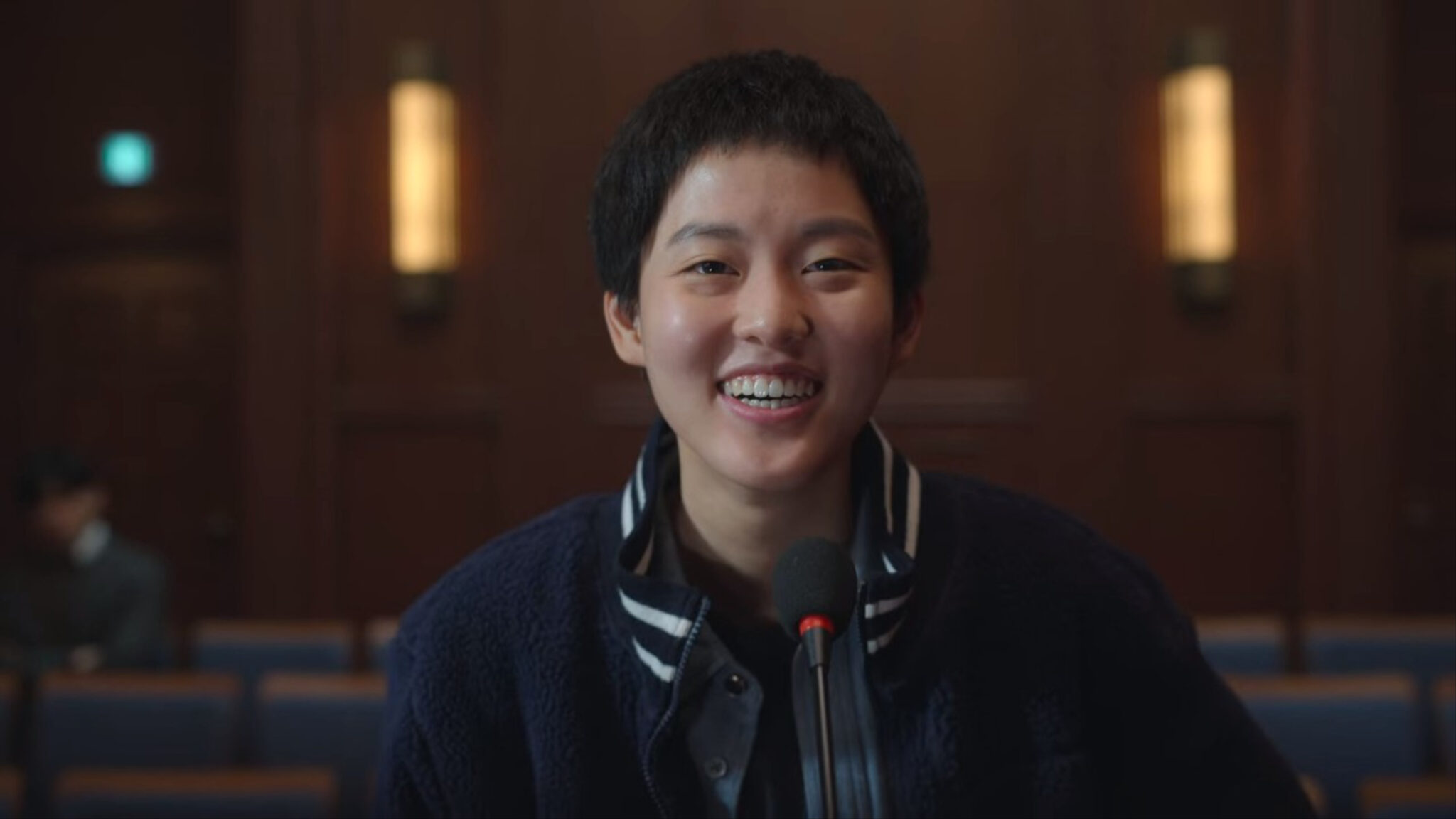
Eun-seok and her team are assigned Seong-woo’s case, and he appears before her in court. He’s downright creepy — a sociopath in the making. But as he describes the build-up to the murder, we flashback and see events from his perspective, and can kind of understand his mental state and what made him snap.
Eight-year-old Ji-hu is pure chaos, loudly running around Seong-woo’s apartment and asking to play his video games even though Ji-hu is only supposed to be there to use Seong-woo’s phone to call his mom. The scenes are loud, jerky, and distracting, showing us the events leading up to the murder as they felt for this schizophrenic teenager.
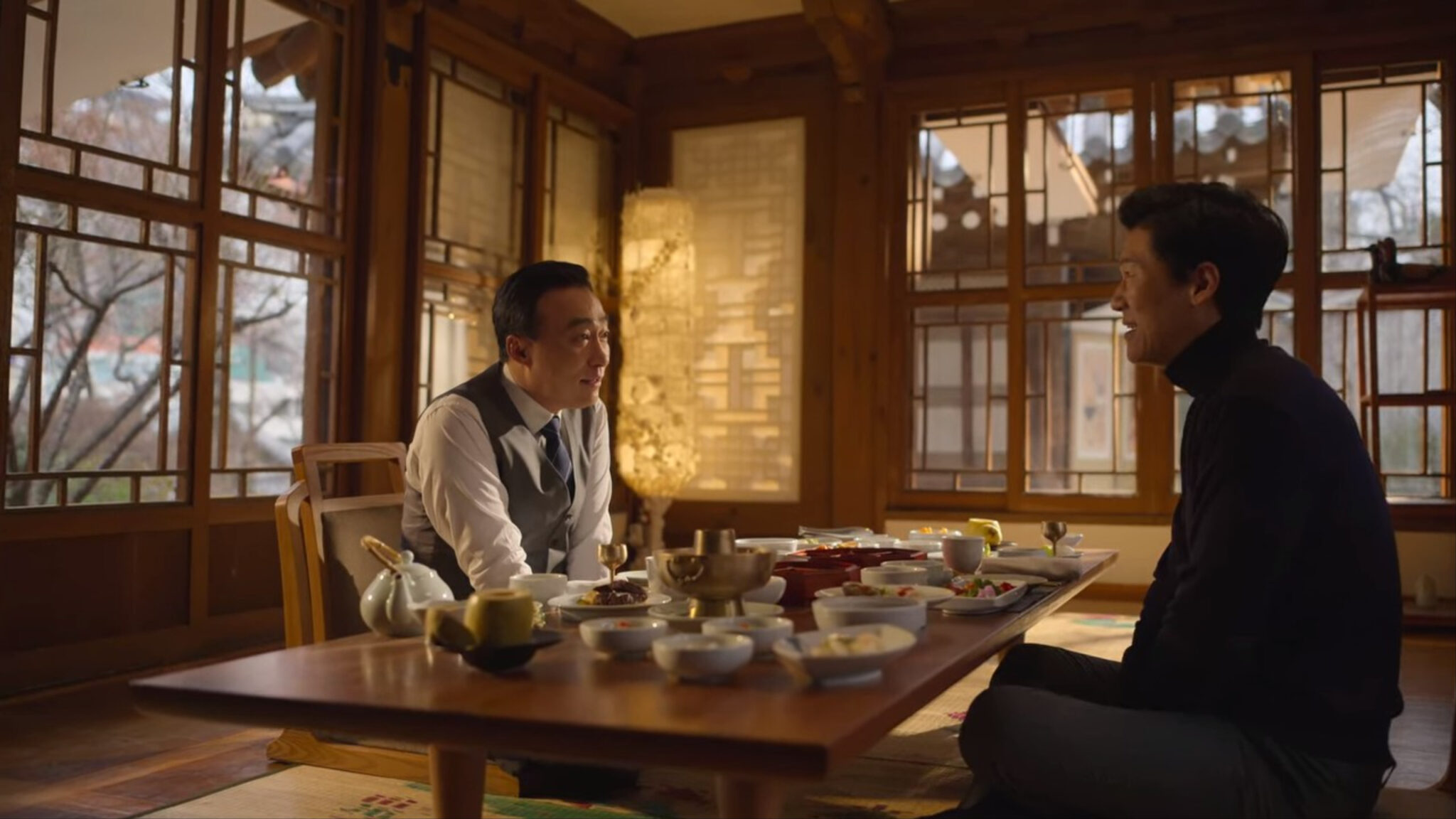
Despite Seong-woo’s creepy, unapologetic recount of the murder, Eun-seok is suspicious. A child with schizophrenia is unlikely to have had the patience required to skillfully clean the crime scene and dispose of the body. Also, why would he turn himself in after painstakingly covering up the murder?
The answer: he had an accomplice. He turned himself in so he could abuse the system and receive a lighter punishment on behalf of the real killer, who is too old to be protected by the Juvenile Act. Eun-seok has enough evidence to suspect that fourteen-year-old Han Ye-eun is the real killer, but Presiding Judge KANG WON-JUNG (Lee Sung-Min) has political aspirations and wants the case wrapped up quickly.
Tae-ju agrees with his superior, believing they should conclude Seong-woo’s trial before looking more closely at Ye-eun. For all his idealism and kind-heartedness towards juveniles, he forgets that there is another child involved: the murdered Ji-hu.
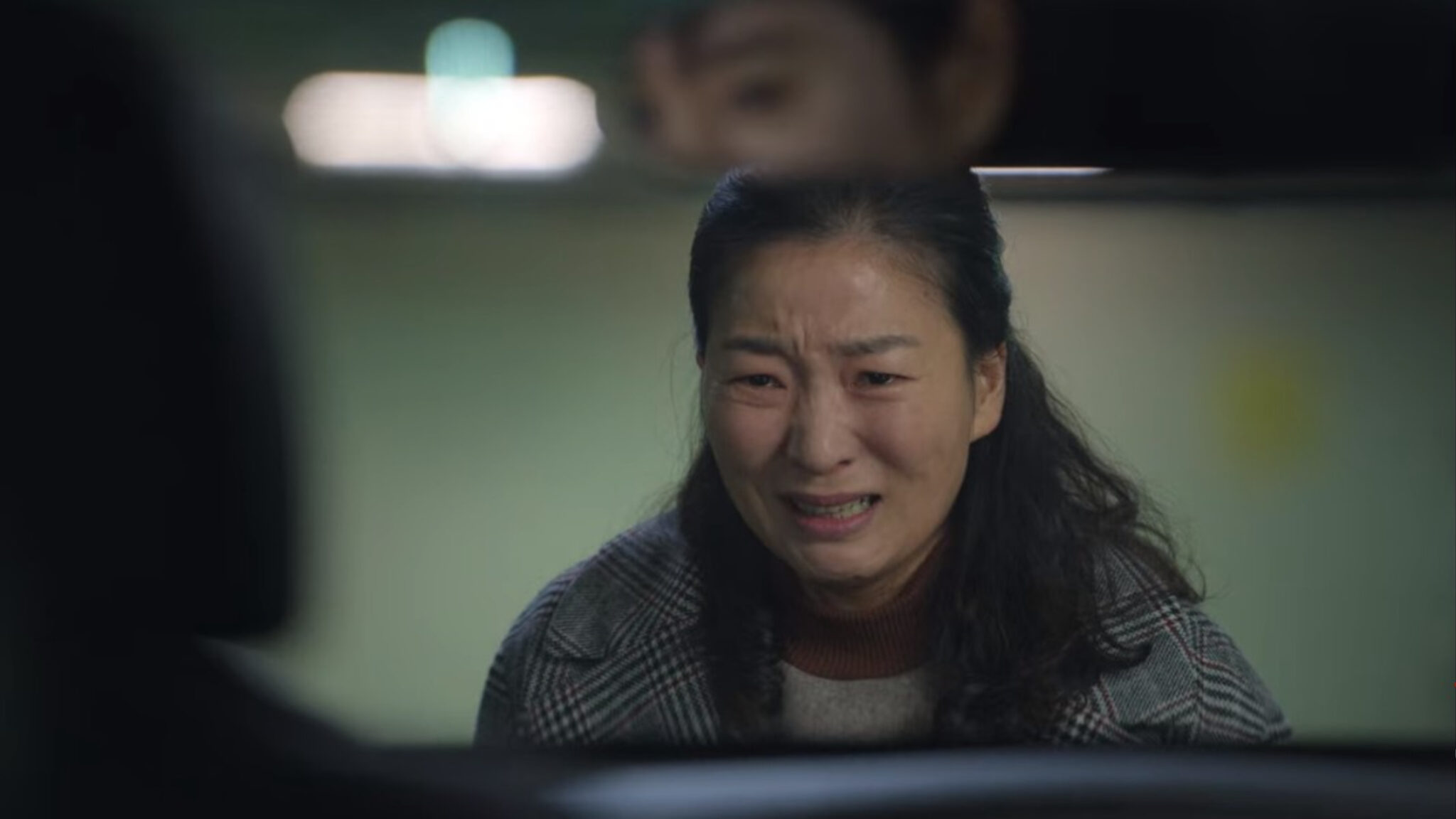
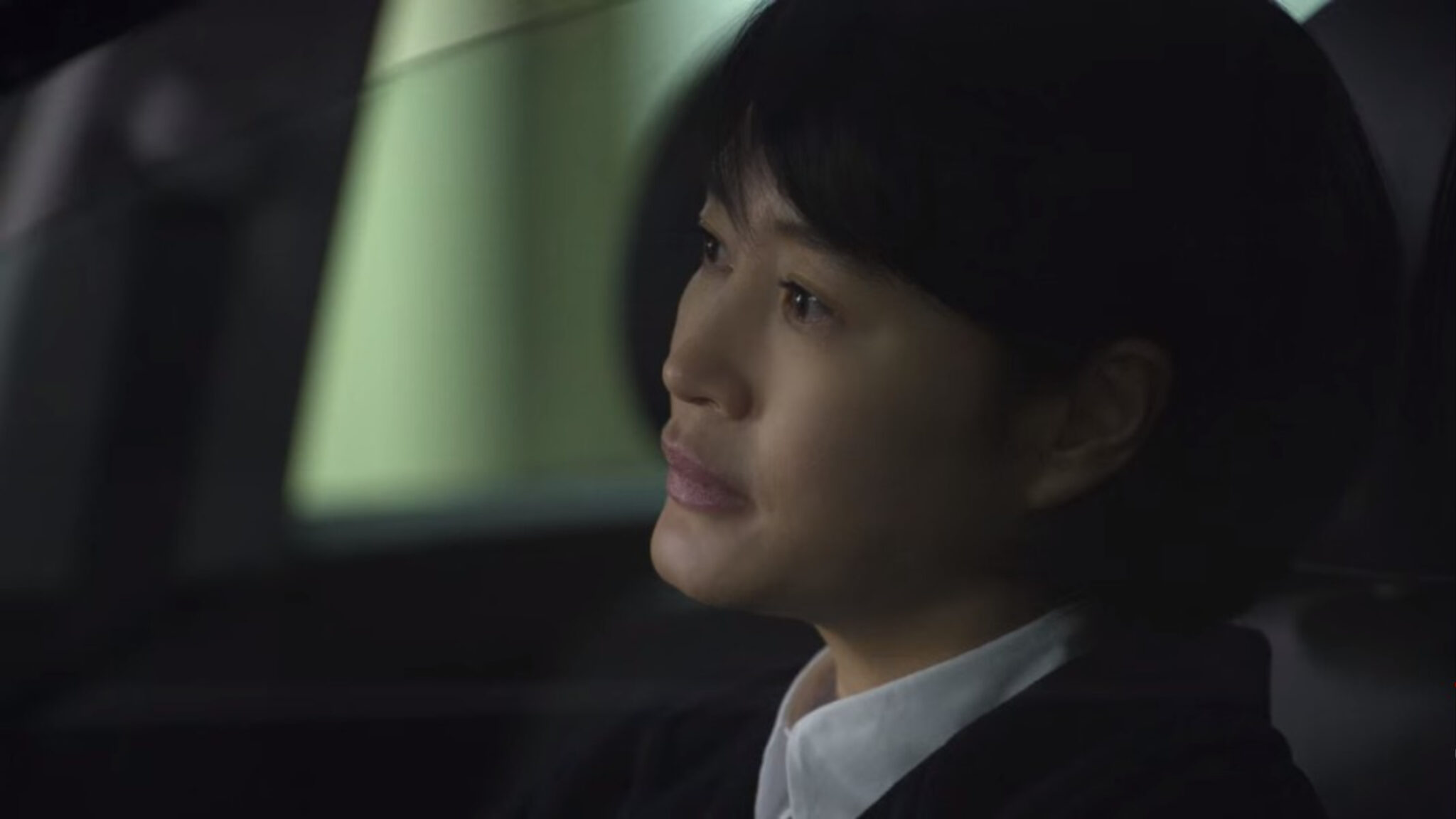
Eun-seok has two very different encounters with the mothers of the victim and the accused. Both women appear to be low-income single mothers, but that’s where their similarities end. Ji-hu’s mother sadly approaches Eun-seok in her office, offering a selection of Ji-hu’s favorite foods as she pleads with Eun-seok to find justice for her son. In contrast, Seong-woo’s mother corners Eun-seok in a parking garage. She’s also in hysterics as she pleads for Eun-seok to go easy on Seong-woo.
Even though, by this point, we know her son isn’t the killer, she doesn’t invoke any sympathy because it’s hard to forget her earlier appearance in court. After arriving late, she seemed unconcerned by the importance of her son’s trial. After all, she knows Seong-woo will only receive a slap on the wrist for his crimes. No big deal, right? Except he’s accused of brutally murdering another child, and instead of begging for forgiveness or apologizing to the mother of the victim, she asks Eun-seok to be lenient with her son’s punishment. Gross.
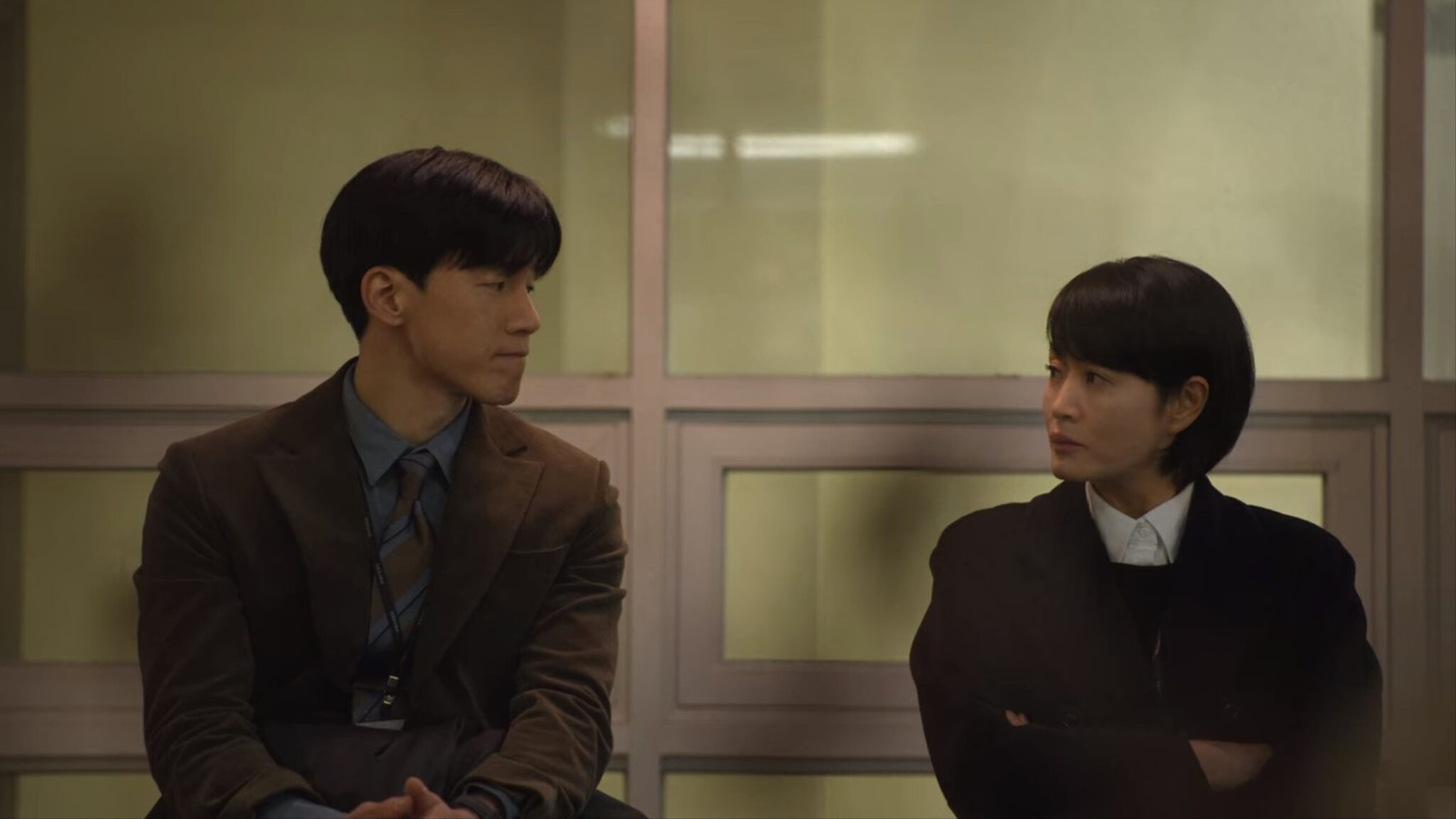
Tae-ju may be overly optimistic, but it seems like he truly cares about kids. Unprompted, he realizes that the ethical thing to do is ensure the real killer is properly punished for her crime. He teams up with Eun-seok to locate Ye-eun, and using his network of reformed teenagers, they are able to locate her at an internet café.
Ye-eun bolts, but Eun-seok chases after her. Not only is Eun-seok fast and hot on the teen’s heels, she’s part terminator. During her pursuit, she gets hit by a white Truck of Doom, dusts herself off, and keeps on chasing! I’m not sure if it was an intentional jab at the often used trope that usually incapacitates our K-drama heroes, but either way we have confirmation that Eun-seok is a complete badass. Even though she’s injured a couple more times, the episode ends with Eun-seok cornering Ye-eun in an alley, tensely engaging in a face-off.
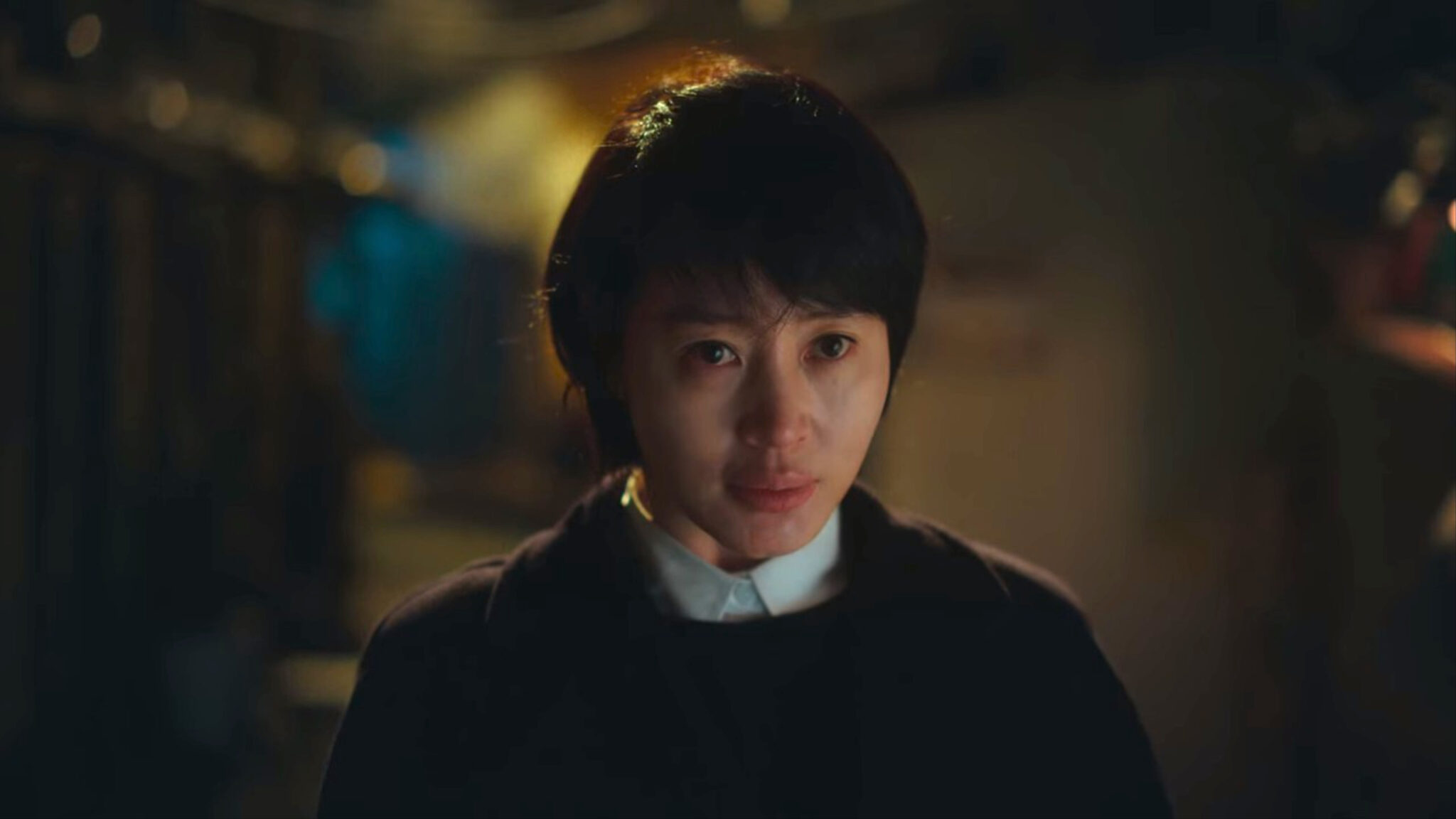
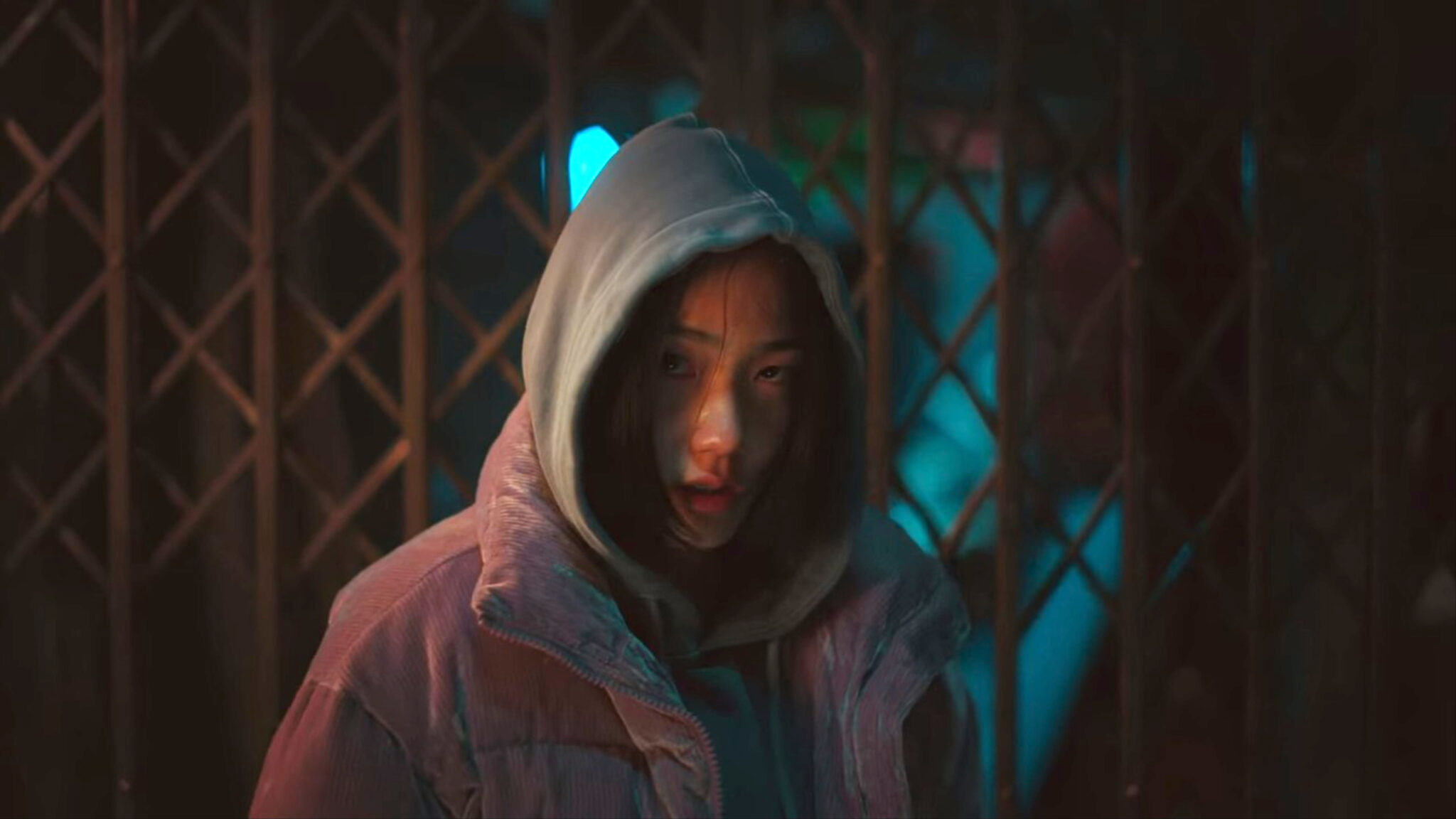
Wow. Just wow. Juvenile Justice has so far exceeded my expectations. For some reason, I assumed this drama would be more humorous, likely because adults who hate children are either portrayed as villains or used as comedic relief. I know I’m a bit jaded from my student teaching experiences, but I appreciated the divergence from the usual inspirational message that all it takes is a loving hand and the right adult to reform a child headed down the wrong path.
What many of the characters see as Eun-seok’s excessive cruelty, I perceive as realism and practicality. She’s not out to punish kids because she hates them; the picture of Ji-hu she keeps on her desk, and her drive to find his real murderer, clearly indicate that she cares about children. Instead, she disagrees with the judicial system’s light-handed approach to punishing minors, and it does bring up an interesting question: should murderers receive a more forgiving punishment simply because of their age? Or should the crime — not the age of the perpetrator — dictate the punishment?
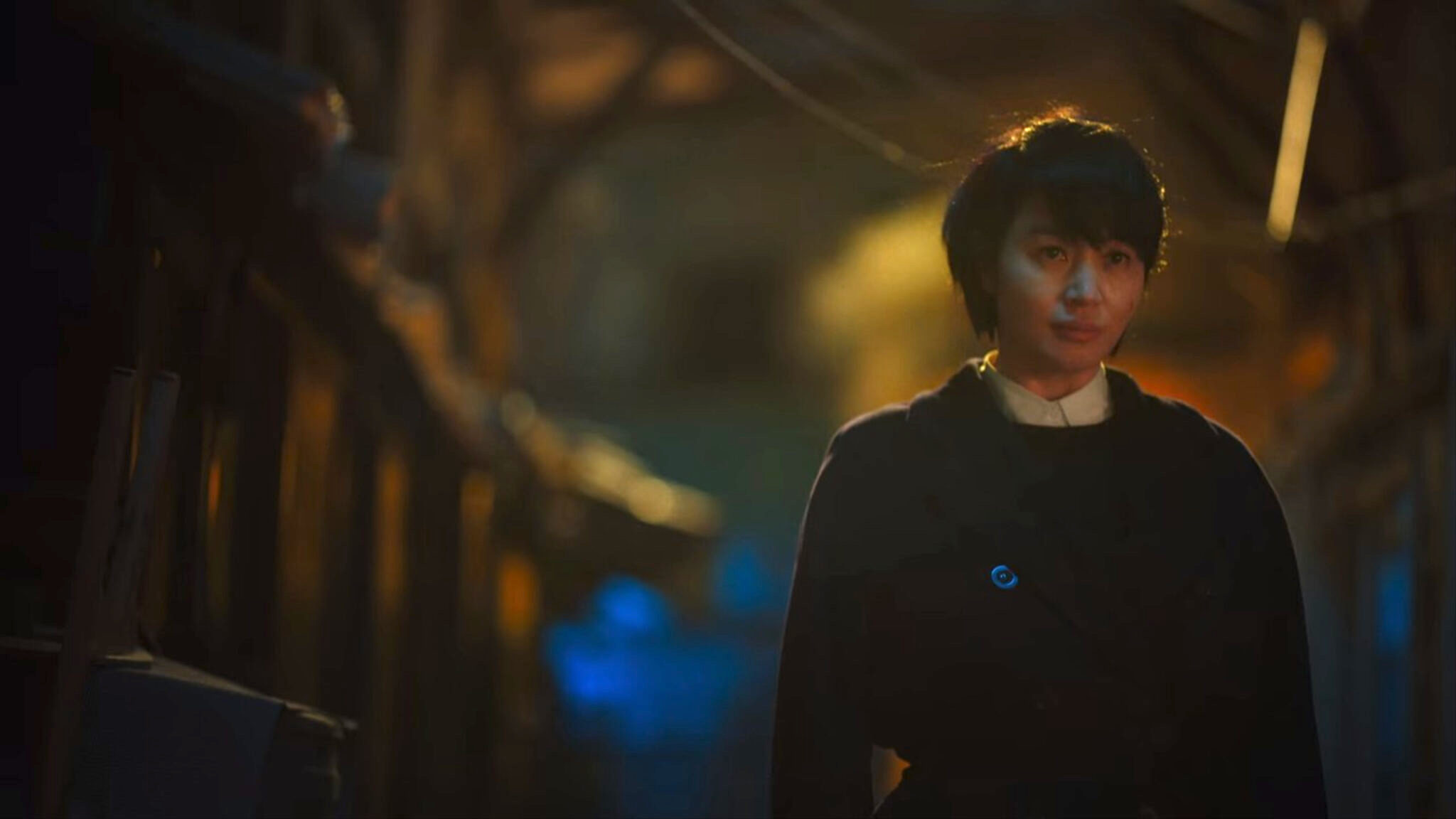
RELATED POSTS
Juvenile Justice: Episode 1 (First impressions)
Source: Buzz Pinay Daily
0 Comments